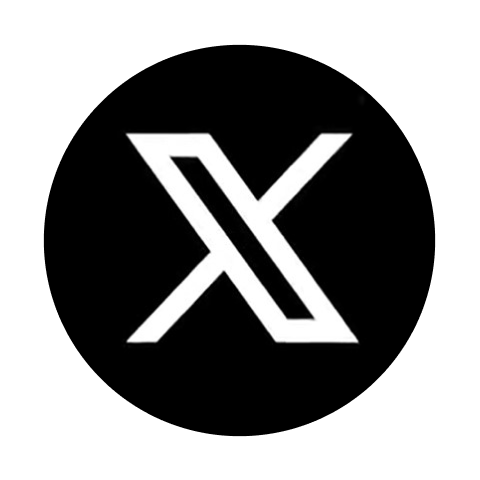Where do Japanese candlesticks come from? Candlestick charts are thought to have been developed by Munehisa Homma, a Japanese rice trader. He developed a method of analyzing the futures market to predict the prices of rice contracts. This method was later introduced to the Western world by Steve Nison.
Each Japanese candlestick on the chart displays the four components of a trading session: open, close, low, and high. A Japanese candlestick has a real body and shadows.
A Japanese candlestick is composed of a series of bars, forming various patterns. According to the theory, some patterns can, with a certain probability, indicate a change in a trend, confirmation of a trend, or market uncertainty. Many Japanese candlestick patterns suggest that the closing price of one trading period and the open price of the following trading period can be different. Such price behavior is typical for exchange markets such as futures or stock, where the duration of a trading session is determined by the daily trading hours of the exchange. Forex is a 24 hours market with flexible trading sessions. Here, the closing price of one trading period is almost the same as the opening price of the next trading period. For that reason, many Japanese candlestick patterns cannot be fully applied to FX trading. Nevertheless, they will also be discussed in this chapter to provide a better insight into the theory.
Japanese candlesticks differ in the size of the body and shadows. They can be a long body candlestick (having a long body and relatively short shadows), a short body candlestick (having a short body and short shadows), and a long shadows candlestick (having long shadows). Learning about the Japanese candlestick patterns, you may notice a tendency that many of their names are borrowed from the Japanese language. Thus, candlesticks without shadows are called Marubozu. Such candlesticks, depending on their type, confirm an upward or downward trend. Candles can be either bullish (light and green) or bearish (dark and red).
Japanese candlesticks without the body (the open price is the same as the closing one) are called Doji. Depending on the relative position of the body and shadows of a candlestick, various subtypes can be distinguished. Thus, the Long-Legged Doji has the upper and lower shadow of practically the same length. This candlestick shows that bulls and bears are equally strong and a trend is likely to form any time soon. As for the Dragonfly Doji, its high is in line with the open and closing price. This candlestick signals that a downward trend will start soon. Meanwhile, the low of the Gravestone Doji is the same as its open and closing price. This candlestick, in turn, indicates the possibility of a soon-to-be upward trend. There is a candlestick similar to the Long-Legged Doji, but unlike it, it has a short body. It is called the Spinning Top and reflects market uncertainty. The longer are its shadows, the more likely it is that a new trend will start shortly.
The following shadows to be discussed can be called differently, depending on the trend. They are the Hammer, the Hanging Man, the Inverted Hammer, and the Shooting star.
If a candlestick has a very short upper shadow, long lower shadow, and a medium-size body, it is either the Hammer or the Hanging Man depending on the previous trend in which it appears (downward and upward trend respectively) The type of the candlestick (light or dark) does not matter. These candlesticks signal the possibility of a trend reversal. However, before considering whether to open or close positions, make sure there is confirmation from additional indicators of technical analysis. They will be discussed in the next chapters. If a candlestick has a long upper shadow and a very short lower shadow, it can be either the Inverted Hammer or the Shooting Star, depending on the previous trend. The type of candlestick (light or dark) does not matter.

